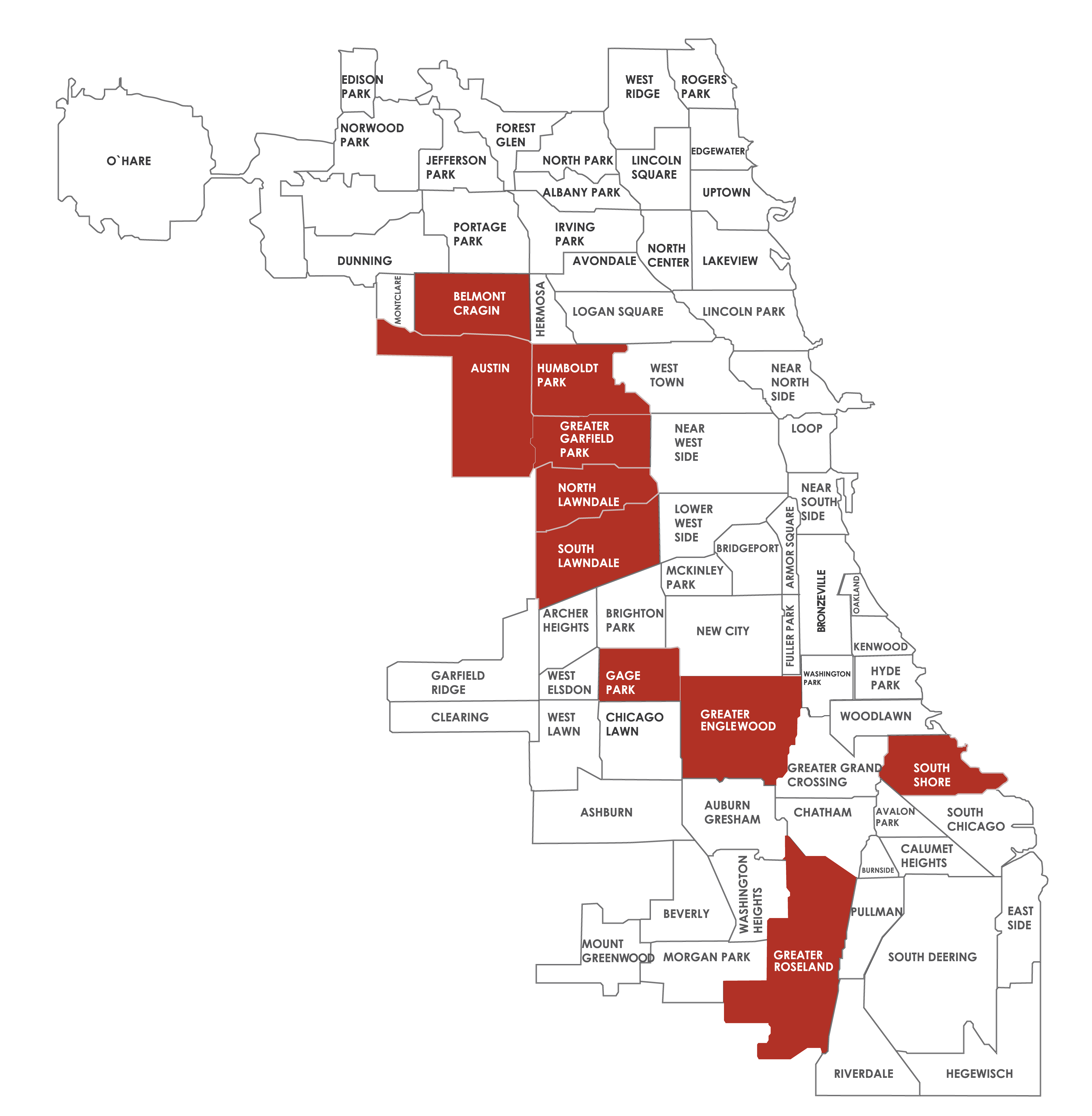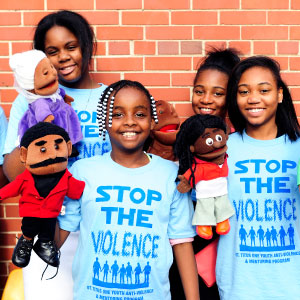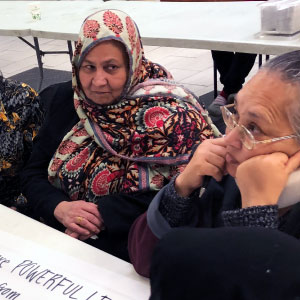Creative Placemaking and Placekeeping
Place-based cultural projects that utilize creative placemaking and placekeeping techniques to engage community members in initiating physical development, elevate cultural awareness, and spur economic growth in communities. We support these projects across the city, not only in the 10 neighborhoods listed above.
Infrastructure Support Organizations
We offer grants to infrastructure support organizations, which conduct planning, management and technical assistance, policy research, evaluation, data analysis, or other assistance offered to organizations working at the community, citywide, or regional level.
We support infrastructure support organizations across the city.
View Vital Communities Grant GuidelinesEvaluation for Learning
Evaluation of our work is a critical tool for informing our decision-making, leading to better results and more effective stewardship of resources. We develop customized evaluation designs for each of our programs based on the context, problem, opportunity, and approach to the work. Evaluation is not a one-time event. It is an ongoing process of collecting feedback and using that information to support our grantees and adjust our strategy.
Findings and analyses from evaluation activities are posted publicly as they become available.
Updated June 2025








